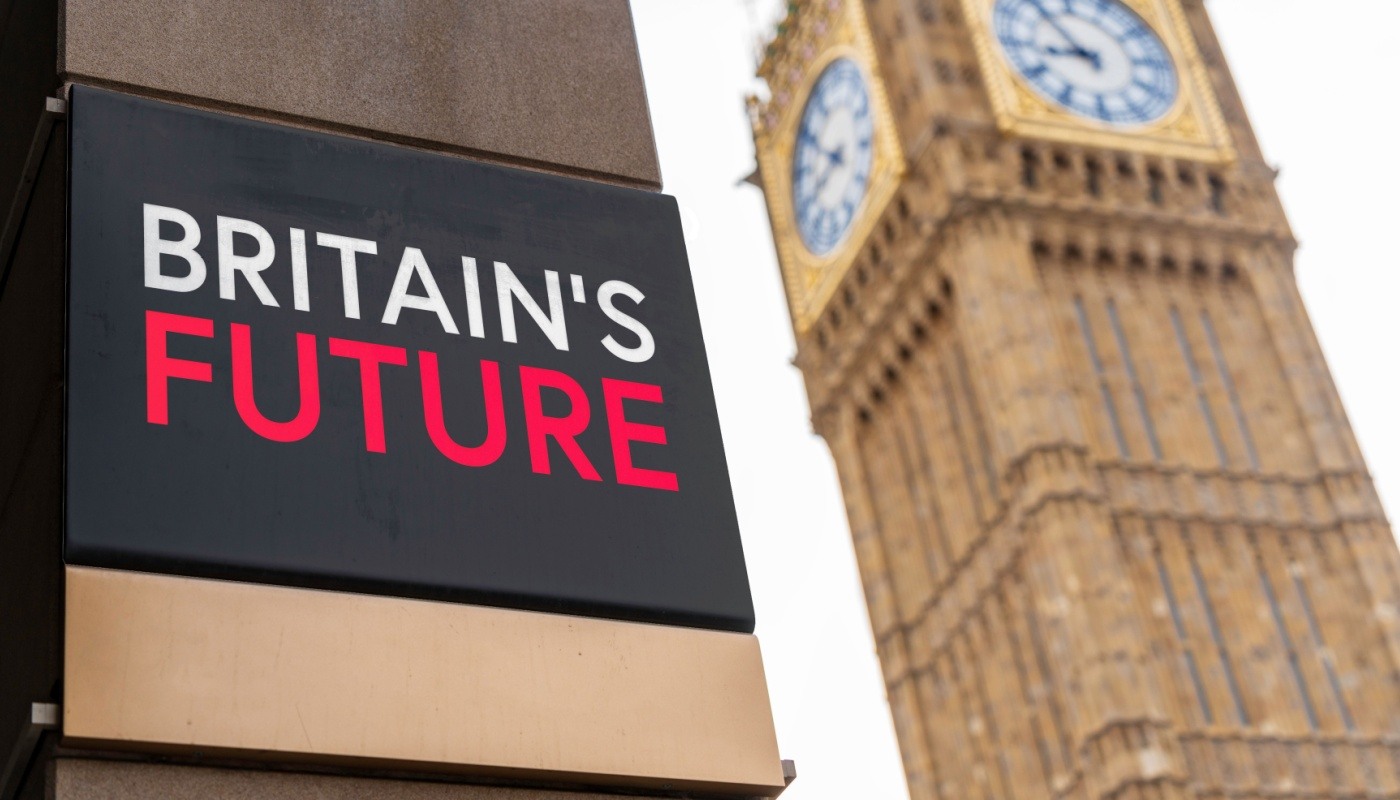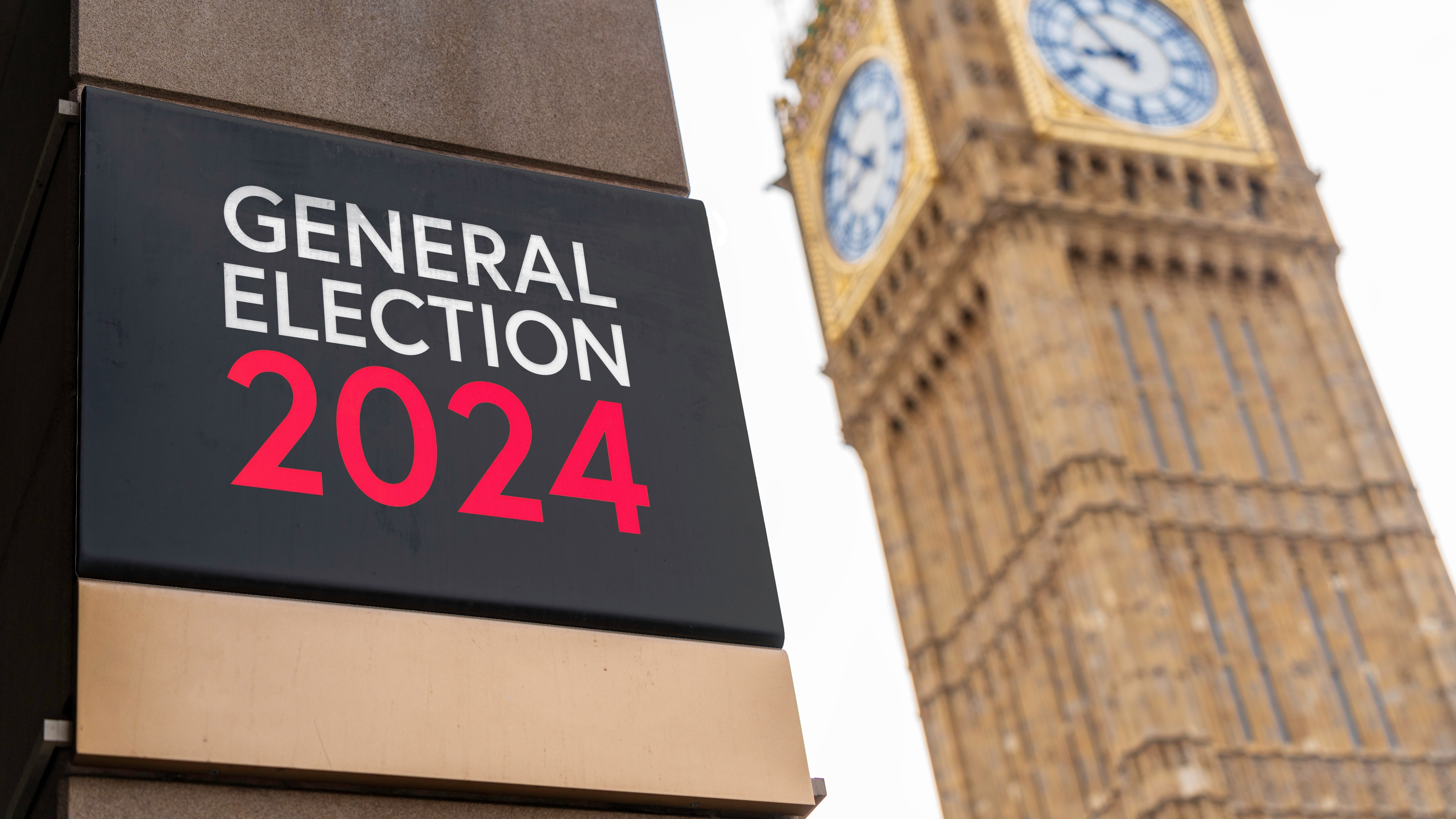Details released of regulations for short term rentals in San Francisco
by Inline Policy on 15 Apr 2014
The short-term rental company Airbnb made waves when it announced that it will start collecting San Francisco’s 14 percent hotel tax from its guests in the city. And while this may be a first step in assuaging critics, it probably won’t be the last. It’s no secret that San Francisco Board of Supervisors President David Chiu is working on regulations for short-term rental companies like Airbnb, but on Wednesday a representative from Chiu’s office offered more specifics about what those regulations will likely include.
During an appearance on KQED’s “Forum,” Judson True, a legislative aide to Chiu, said that while details are still being worked out, “the general principles are getting close.”
One of those general principles is protecting the city’s housing stock. To that end, True hinted that regulations will aim to keep housing units primarily housing city residents, not tourists.
“Permanent residency is really, really important,” said True. “For a short-term rental to be legal, it should have to be a permanent residence for someone. That’s really a core concept.”
True also said that a cap on the number of days a unit could be let as a short-term rental is “crucial.”
“If it’s truly a case of renting out a room when you are on vacation or to supplement income a little bit, then really it should not be a unit that has permanently become an ‘Airbnb unit.’ That’s really not serving San Franciscans.”
According to True, a registration system for people renting with the short-term rental services is also being considered.
The regulations have been about a year in the making and will likely be announced in the next few weeks, said True. But, he warned, they will be far from a done deal.
“It’s going to be a conversation that lasts a number of months,” True said.
After the legislation is proposed, in addition to the usual process of approval by the Board of Supervisors, he said, it will also have to go to the Planning Commission and to the Department of Building Inspection.
Improved enforcement of short-term rental laws will also be part of the conversation.
“When you have the city’s housing stock being taken off the market to become short-term rentals, you have an enforcement issue,” said True. “(Enforcement) shouldn’t merely be complaint-driven.”
True said that Airbnb collecting the city’s hotel tax was “a prerequisite for us moving forward on legislation.”
Source: KQED
Topics: International politics, UK business







Comments